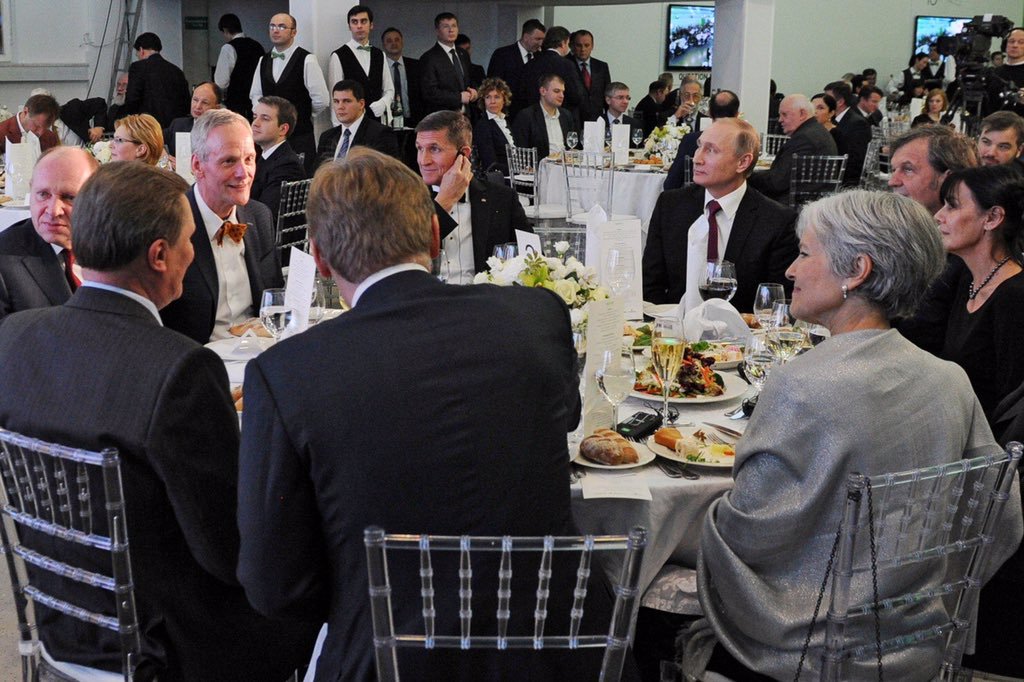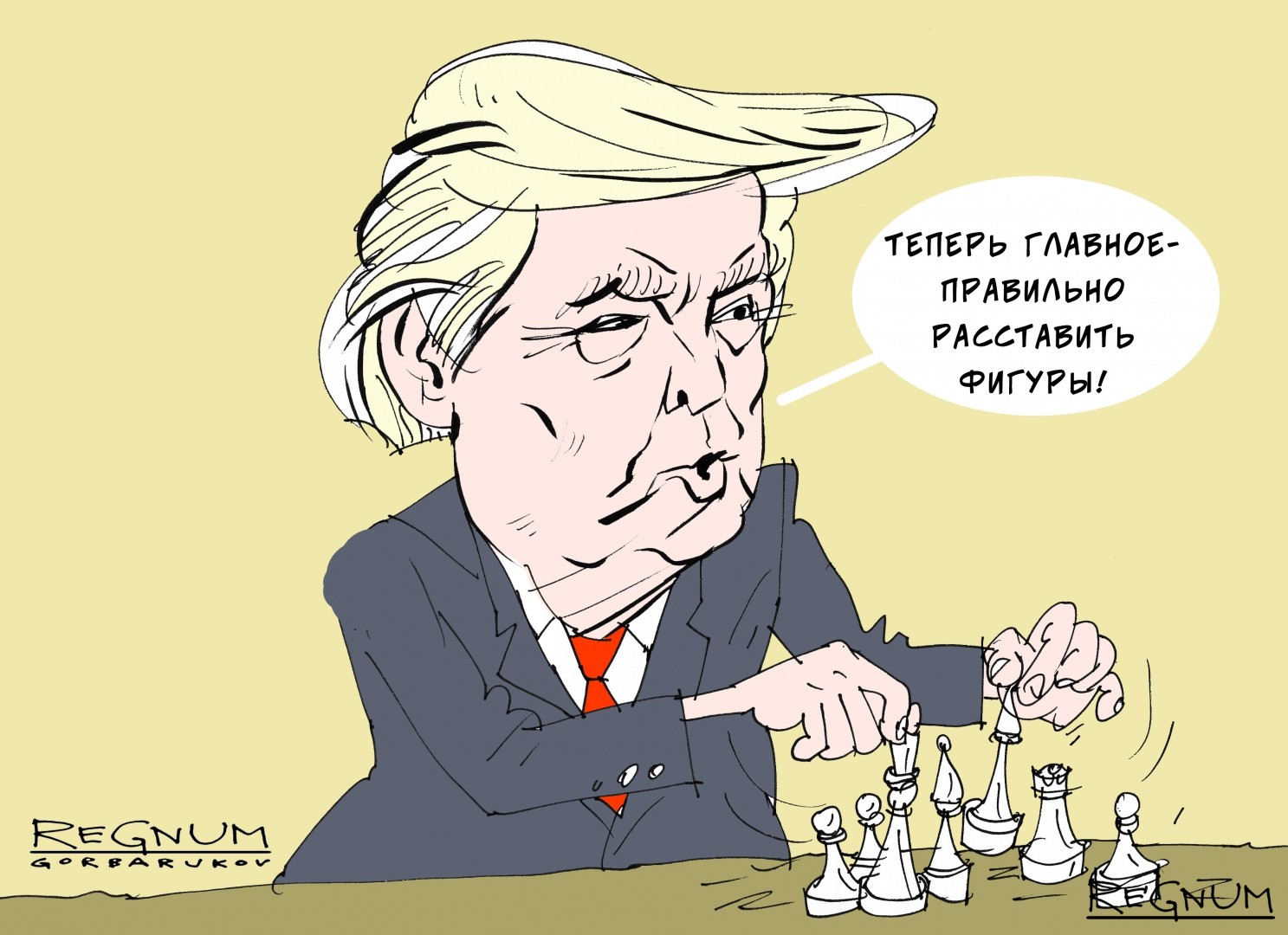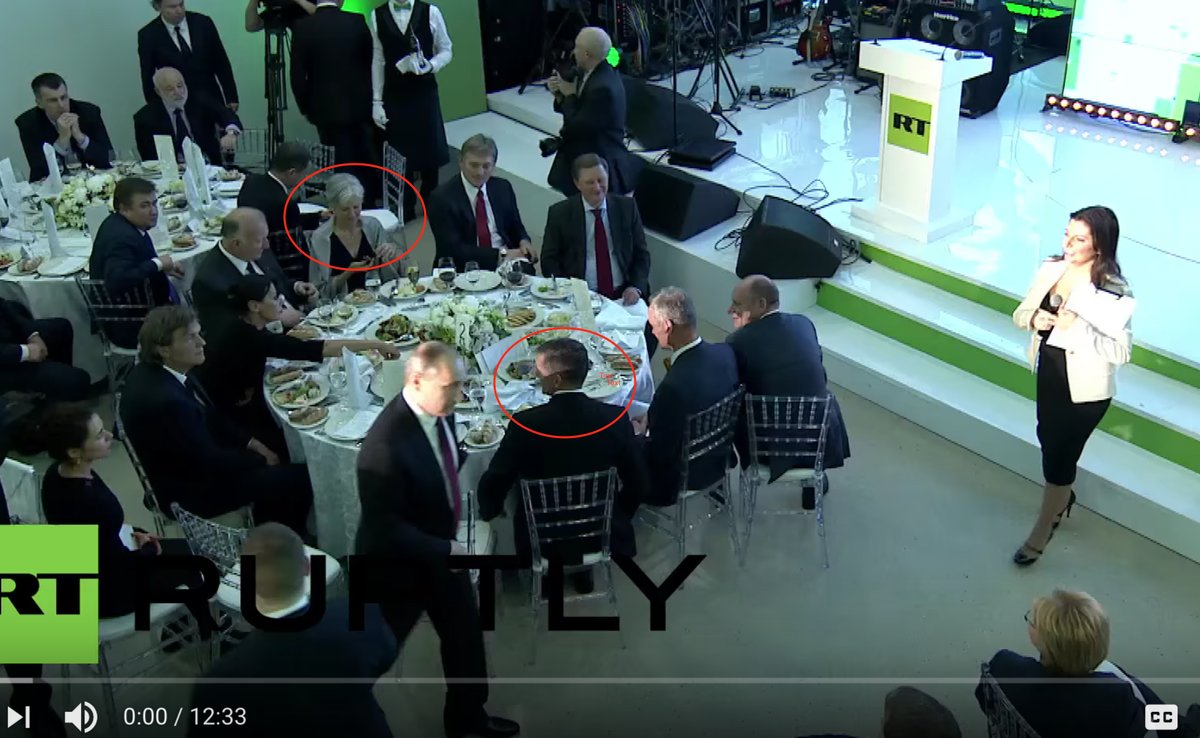Vladimir Putin has achieved a real but Pyrrhic victory with his policy of hybridity: domestically - by transforming Russia into “one gigantic and bestial special service” and internationally - by infecting other countries with the distrust and division that are at the foundation of his own, according to Tigran Khzmalyan.

(Image: 5165news.com)
But however large his victory appears at present, the Moscow commentator continues, it is doomed to be short-lived because of the resources of the West. Tragically, however, many are going to suffer until those resources are mobilized and focused on defeating the infection Putin has promoted.
That gives Putin some short-term advantages because other countries “do not understand that they are dealing with an entire state” that is nothing more than a special service because they aren’t willing to acknowledge that “all Russia is one single gigantic special service,” especially since that was not the case even under Stalin or Brezhnev.
The Soviet leaders not only controlled the special services but spoke with the people in an ideological language that had the effect of limiting what the regime could and couldn’t say. Now, there are no limits; and that has left many in Russia and abroad uncertain as to how to read what is going on.
Words and declarations no longer have any meaning and individuals can shift from one thing to another with impunity. But what is most horrific about this, the commentator continues, is that this approach is perfectly consistent with and near to the hearts of “the wide popular masses,” as the regime refers to the population.
“In other words,” Khzmalyan says, “what has occurred is a bestial intermixing of the worst inheritance of the former Soviet power with the worst genetic material of the former Soviet people.” And it is “no accident” that a mid-ranking chekist has “headed this ‘revolt of the hybrids’” – or as the commentator says, to use a Russian rather than Latin term, “bastards.”
It is “precisely” Putin’s “grayness, his lack of clear individualization, its unusual ethical ‘flexibility,’ and even his typical visage which makes him the ideal feeding ground of this new cult of personality in which the subject of the cult is not a personality but namely its absence – the hybrid product of almost a century-long experiment in negative selection.”
Unfortunately, Khzmalyan says, “this hybrid has one awful quality about which people in the outside world are only beginning to guess. It is infectious. A militant lack of principles, hypocritical stupidity and cynicism elevated to the rank of state policy, total lies and corruption, constant focus on and search for weaknesses and failures of others” – these and other features have a long history in the Soviet security agencies. Now they are spreading across the world.
“Blackmail and bribery, bribery and blackmail, the old instruments of all secret services, have turned out to be unbelievably effective when they are used not simply by a government special service but by something never before seen in world history” – a state that has been swallowed up by the special services, which now have its entire resources at its disposal.
“Putin has won in that he has infected the entire world with the virus of universal distrust and division, of everything is permitted and of cynicism … He has sowed the poisonous seeds of doubt in the main values of civilization … [and] in this sense, Putinism
is comparable to the attack of the Vandals on Rome or of the Turks on Constantinople.”
There is only this good news: “It will not last long: Europe over the course of centuries became much stronger than any bull and no longer will allow itself to be kidnapped. Europe and following it America will again focus and take up the banners of freedom and solidarity.” But alas, “this will take time and involve victims.”
“The victims,” Khzmalyan concludes, “will be the weakest and most defenseless countries and peoples on the territories of which now has broken out the latest battle between freedom and tyranny.” Putin and tyranny have won this round; but they are fated to lose the next.
Related:
- Ukraine accuses Russia of funding terrorism and racial discrimination in the Hague. Full introductory text
- Putinism isn't Brezhnevism of today: it's far more dangerous and vigorous, Pavlova says
- Putinism - a greater threat to the West than Soviet communism was
- Putinism represents triumph of 'feudal traditionalist reaction,' Skobov says
- The globalization of Putinism
- Putinism's godfather: Primakov laid groundwork for Putin in Russia





